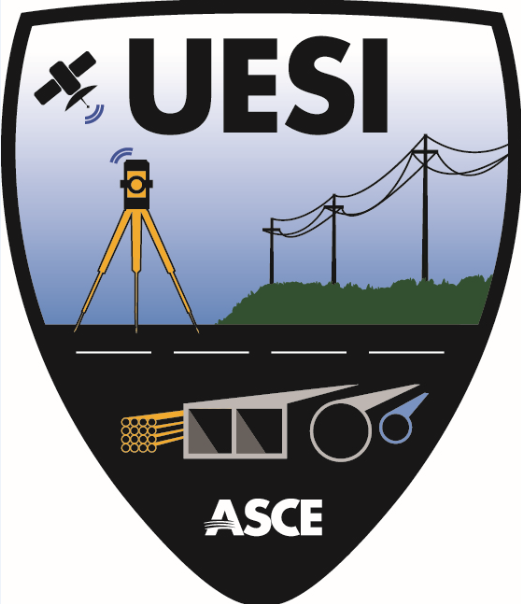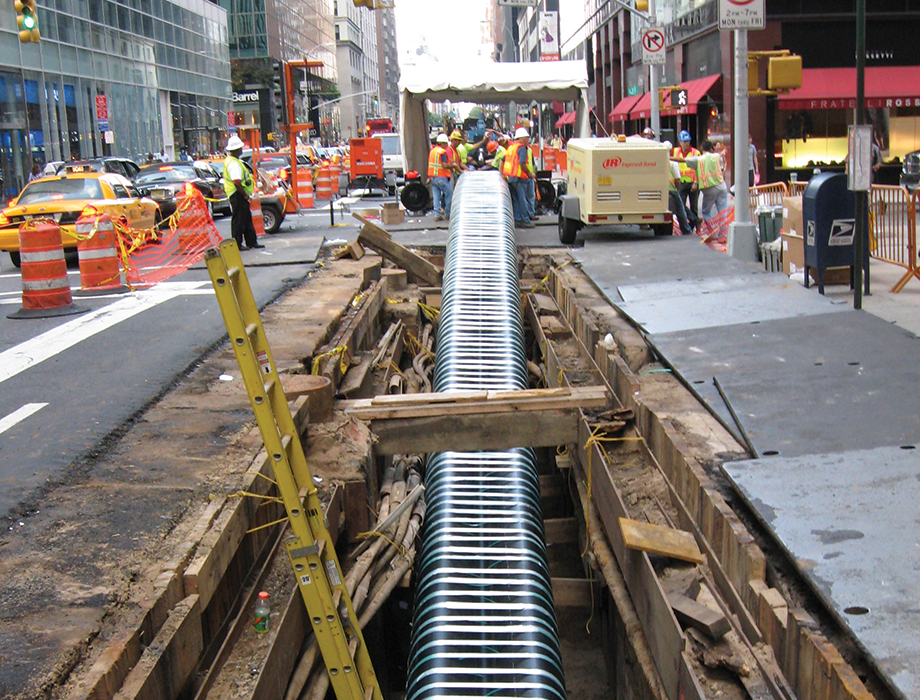Article from ASCE Pipelines Conference
 ASCE Pipelines 2015 provides a forum for pipeline pioneers and practitioners from all around the world to share their experiences in meeting the challenges of today’s pipeline infrastructure. The theme of this year’s conference is “Recent Advances in Underground Pipeline Engineering and Construction.”
ASCE Pipelines 2015 provides a forum for pipeline pioneers and practitioners from all around the world to share their experiences in meeting the challenges of today’s pipeline infrastructure. The theme of this year’s conference is “Recent Advances in Underground Pipeline Engineering and Construction.”
The conference takes place August 23-26 at the Baltimore Marriott Waterfront Hotel in historic downtown Baltimore, Maryland. It will provide a dynamic and inspiring venue for attendees to share and gain valuable knowledge and experience through 200 papers and poster presentations within seven tracks covering topics such as: Trenchless Installations; Design & Construction; Analysis & Design; Assessment & Rehabilitation; Operation, Maintenance, Risk & Safety; and Asset Management.
 In addition to the presentation tracks, Pipelines 2015 is offering three panel discussions, which is new to the technical program. The panel discussions cover “Energy Generation in Pipelines” and “Fiber Optics in Pipelines,” as well as the always important “ASCE Ethics.”
In addition to the presentation tracks, Pipelines 2015 is offering three panel discussions, which is new to the technical program. The panel discussions cover “Energy Generation in Pipelines” and “Fiber Optics in Pipelines,” as well as the always important “ASCE Ethics.”
A new feature at this year’s conference is a one-day Large Diameter Pipeline Forum that will replace the PCCP Forum. Additionally, attendees will have the opportunity to attend several informative pre-conference workshops on pressure pipelines design, asbestos cement pipe bursting, AWWA manuals, corrugated HDPE, CIPP and manhole rehabilitation.
The Opening Plenary session will feature ASCE President Dr. Robert D. Stevens, Ph.D., P.E., F.ASCE and DC Water General Manager George Hawkins. The Tuesday luncheon will feature Charles Cook, Political Analyst, “the man who knows more about everything political than anyone else.” The Bechtel Award will be presented at the Tuesday Awards Luncheon and the winner will speak immediately following. The Closing Keynote will feature Ed Croteau, Business Excellence Specialist, Black & Veatch Corp., who will speak on “Failure Modes and Effects Analysis (FEMA)”.
There are many networking opportunities during receptions, dinner, breaks and exhibit hours. The exhibition hall – featuring more than 80 companies – will showcase the latest innovations in pipelines technology. The Tuesday Special Event will be an exciting evening on the waterfront. On Wednesday afternoon - after the conference adjourns – there is a golf tournament, to be held at the Mountain Branch, and a technical tour to the Structural Technologies facility.
Baltimore is also an attractive destination for companions and families. The city’s waterfront and Inner Harbor are home to the best crab cakes you’ll ever have, hundreds of restaurants, Oriole Park at Camden Yards, the world-class National Aquarium, Little Italy, Baltimore and Ohio Railroad Museum, American Visionary Art Museum, Babe Ruth Birthplace and Museum, and so much more. Take a cruise around the harbor in a water taxi as you visit various neighborhoods. For the history enthusiast, tour the USS Constellation or nearby Fort McHenry, which, during the Battle of Baltimore in 1814, inspired Francis Scott Key to write “The Star-Spangled Banner.”
Visit the conference website at www.pipelinesconference.org to register, get the most up-to-date program information, and learn about the networking and social events.
Contact Information:
Jim Rush
ASCE Pipelines 2015 Planning Committee
Email: jrush@benjaminmedia.com
Phone: 330.315.2160
